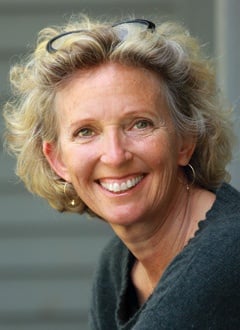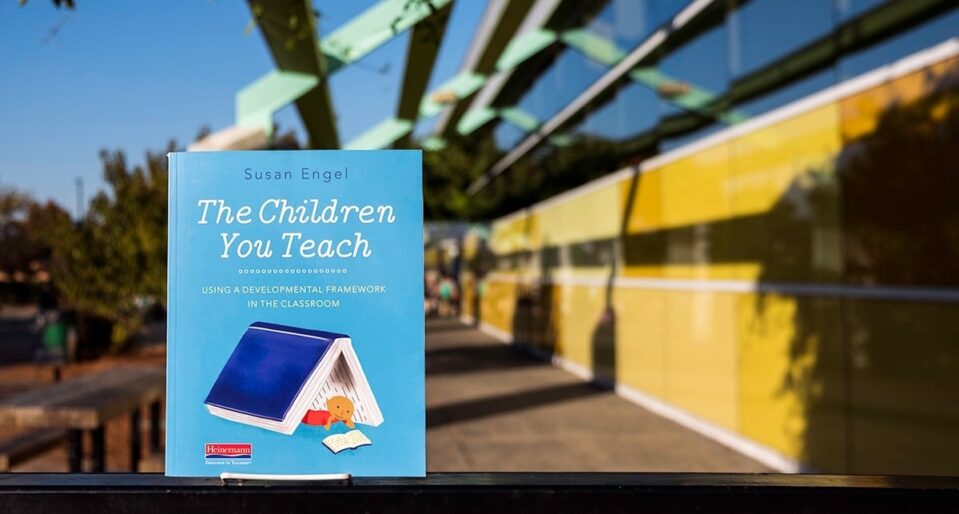 Susan Engel is a Senior Lecturer in Psychology and Founding Director of the Program in Teaching at Williams College. She currently serves as the Williams College Gaudino Scholar, a position that creates and promotes opportunities for students to stretch beyond what they are familiar with. She has taught all ages from three year olds through college. Her research interests include the development of curiosity, children’s narratives, play, and more generally, teaching and learning. Her current research looks at the development of children’s ideas. Her scholarly work has appeared in journals such as Cognitive Development, Harvard Educational Review, and the American Education Research Journal.
Susan Engel is a Senior Lecturer in Psychology and Founding Director of the Program in Teaching at Williams College. She currently serves as the Williams College Gaudino Scholar, a position that creates and promotes opportunities for students to stretch beyond what they are familiar with. She has taught all ages from three year olds through college. Her research interests include the development of curiosity, children’s narratives, play, and more generally, teaching and learning. Her current research looks at the development of children’s ideas. Her scholarly work has appeared in journals such as Cognitive Development, Harvard Educational Review, and the American Education Research Journal.
She is the author of seven previous books: The Stories Children Tell: Making Sense of the Narratives of Childhood, Context is Everything: The Nature of Memory, Real Kids: Making Sense in Everyday Life, Red Flags or Red Herrings: Predicting Who Your Child Will Become, The Hungry Mind: The Origins of Curiosity in Childhood, The End of the Rainbow: How Educating for Happiness (Not Money) Would Transform Our Schools, and most recently, A School of Our Own: The Story of the First Student-Run High School, and a New Vision for American Education which she co-wrote with her son Sam. Her writing on education has appeared in The New York Times, The Nation, The Atlantic Monthly, Salon, The Huffington Post, and The Boston Globe.
Susan is one of the founders of an experimental school in New York State, where she served as educational advisor for eighteen years. She lives in New Marlborough, Massachusetts with her husband Tom Levin. They have three sons, Jake, Will, and Sam.



